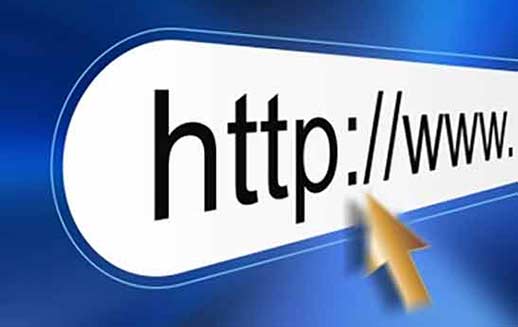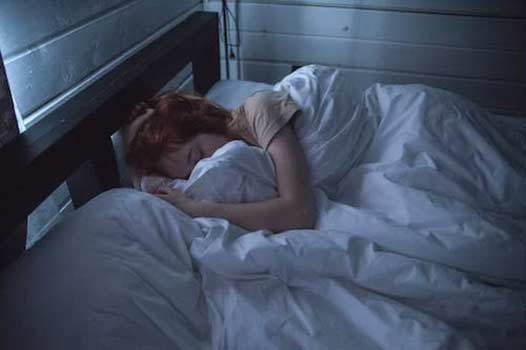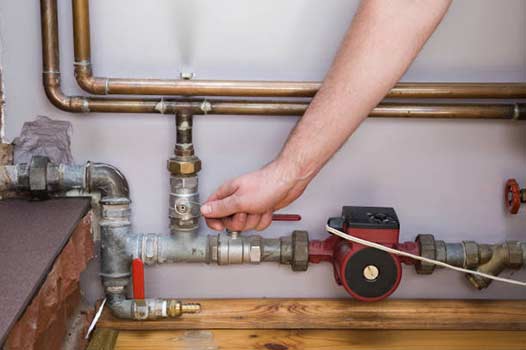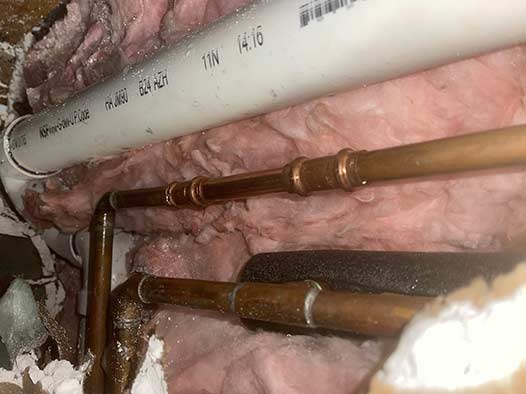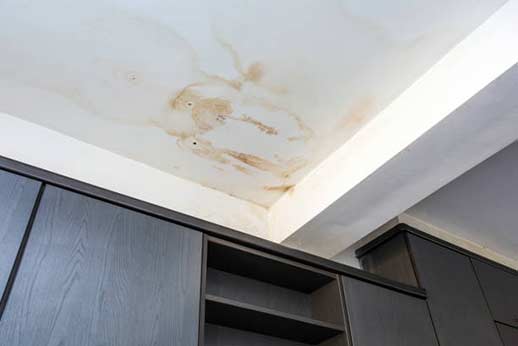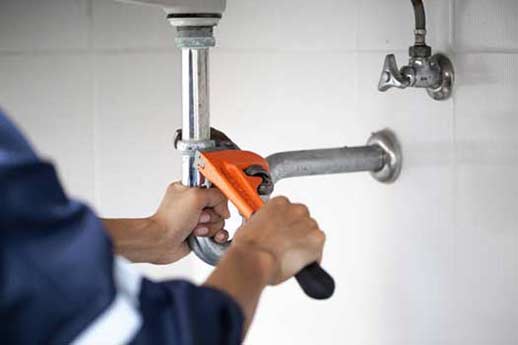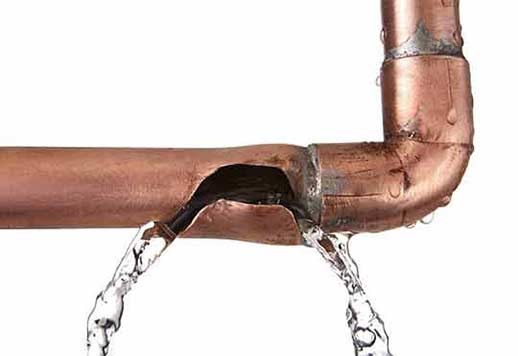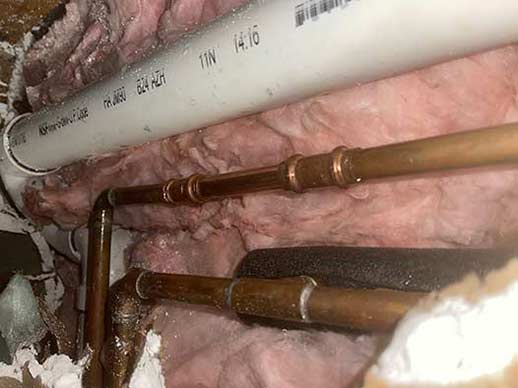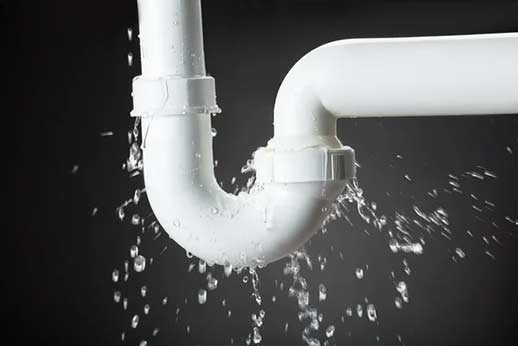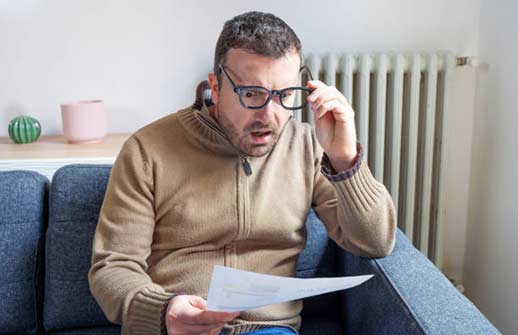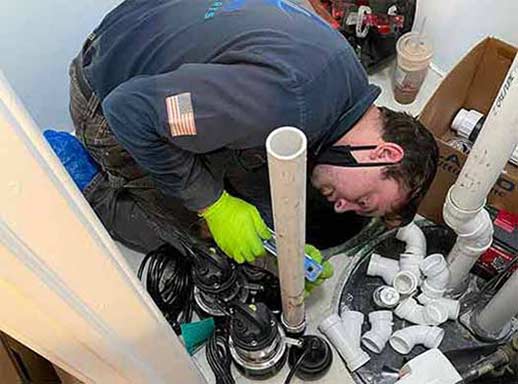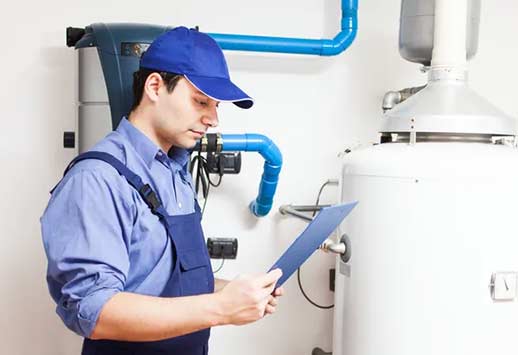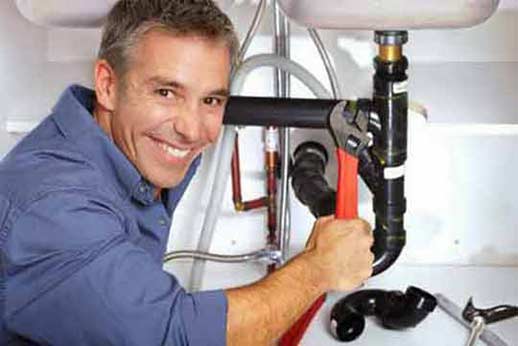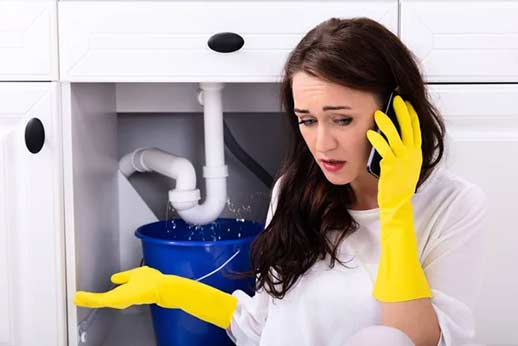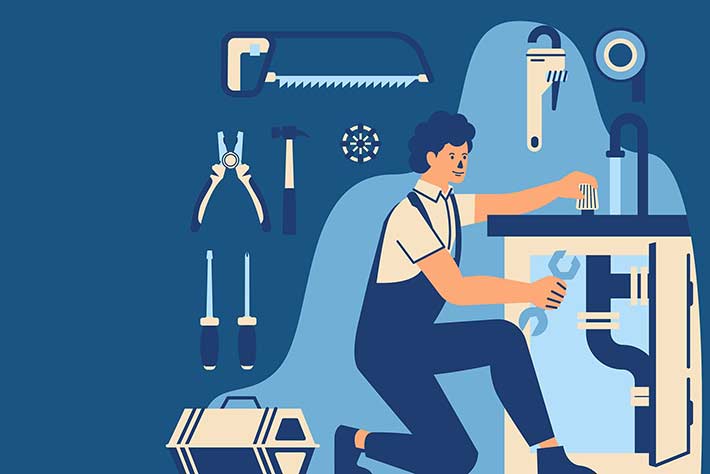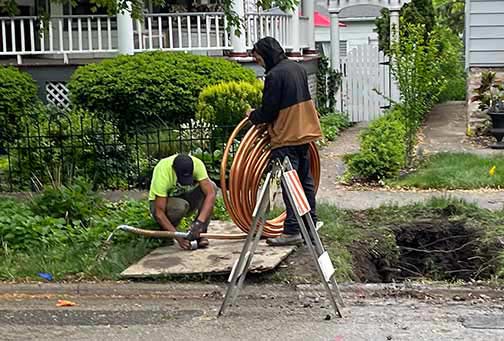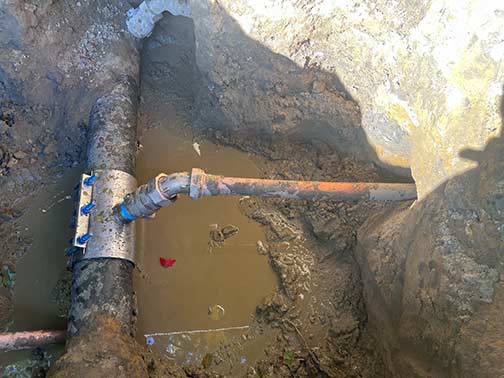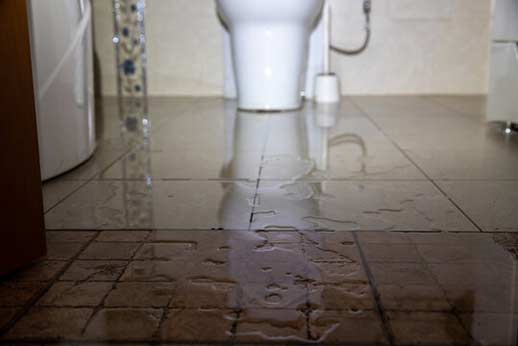
Dealing with a leaking toilet can be quite frustrating, but with the right tools and guidance, you can tackle this issue effectively. Whether you are a homeowner in Chicago or a tenant, this guide will provide you with the necessary instructions to resolve the problem and prevent further damage.
Step 1: Identify the Source of the Leak
The first step in fixing a leaking toilet is to identify the source of the leak. Leaks can occur from various areas of the toilet, such as the base, the tank, or the supply line. It is crucial to pinpoint the exact location of the leak before proceeding with the repair.
Step 2: Shut Off the Water Supply
Before attempting any repairs, it is essential to turn off the water supply to the toilet. Locate the shut-off valve, typically located behind the toilet or near the bathroom pipes. Rotate the valve clockwise until the water stops running. This will prevent water from flowing into the toilet during the repair process.
Step 3: Drain the Toilet Tank
Once the water supply is turned off, you need to drain the toilet tank. Flush the toilet to remove as much water as possible from the tank. To eliminate any remaining water, use a sponge or a towel to soak up the excess moisture.
Step 4: Inspect and Replace the Flapper
The flapper is a rubber valve located at the bottom of the toilet tank. A faulty flapper is a common cause of leaks. Carefully inspect the flapper for any signs of damage or wear. If it appears worn out or is not sealing properly, it needs to be replaced. To replace the flapper:
- Turn off the water supply to the toilet.
- Remove the chain from the flush lever.
- Detach the old flapper from the flush valve.
- Install the new flapper by attaching it securely to the flush valve.
- Reconnect the chain to the flush lever.
- Turn on the water supply and test the toilet for leaks.
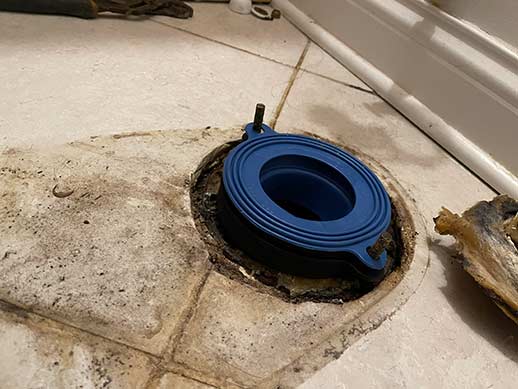
Replacing the wax ring can help create a watertight seal between the toilet and the sewer pipe.
Step 5: Check and Replace the Wax Ring
If the leak is coming from the base of the toilet, the wax ring may be damaged or worn out. Replacing the wax ring can help create a watertight seal between the toilet and the sewer pipe. Follow these steps to replace the wax ring:
- Turn off the water supply to the toilet.
- Drain the toilet tank as described in Step 3.
- Disconnect the water supply line from the bottom of the toilet tank.
- Remove the nuts securing the toilet to the floor.
- Lift the toilet carefully and set it aside.
- Scrape off the old wax ring from the toilet flange and inspect it for any signs of damage.
- Place a new wax ring on the flange, ensuring it is centered.
- Lower the toilet back onto the wax ring, aligning the bolts with the holes in the base.
- Tighten the nuts onto the bolts to secure the toilet in place.
- Reconnect the water supply line to the bottom of the toilet tank.
- Turn on the water supply and check for leaks.
Step 6: Examine and Repair the Supply Line
If the leak is originating from the supply line, it may require examination and repair. Follow these steps to address any issues with the supply line:
- Turn off the water supply to the toilet.
- Drain the toilet tank as described in Step 3.
- Inspect the supply line for any visible leaks or damages.
- If there is a leak in the supply line, it needs to be replaced.
- Disconnect the old supply line from both the toilet tank and the shut-off valve.
- Install a new supply line by connecting it firmly to the shut-off valve and the toilet tank.
- Turn on the water supply and check for leaks.
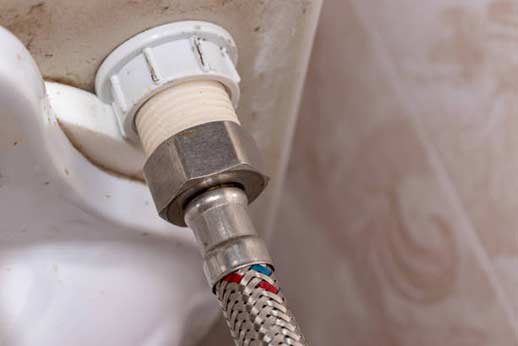
If the leak is originating from the supply line, it may require examination and repair.
Step 7: Test for Leaks
After completing the necessary repairs, it is essential to test the toilet for any remaining leaks. Turn on the water supply and observe the toilet for any signs of water leakage. Inspect the base, the tank, and the supply line thoroughly. If any leaks persist, review the previous steps to ensure all repairs were performed correctly.
Summing it Up
Fixing a leaking toilet in Chicago requires a systematic approach to identify and resolve the issue. By following the step-by-step guide provided above, you can effectively fix the leak and prevent further damage to your toilet and property. Remember to exercise caution during the repair process and seek assistance from a Chicago plumber if needed. With proper maintenance and prompt repairs, you can ensure the longevity and functionality of your toilet in Chicago.
